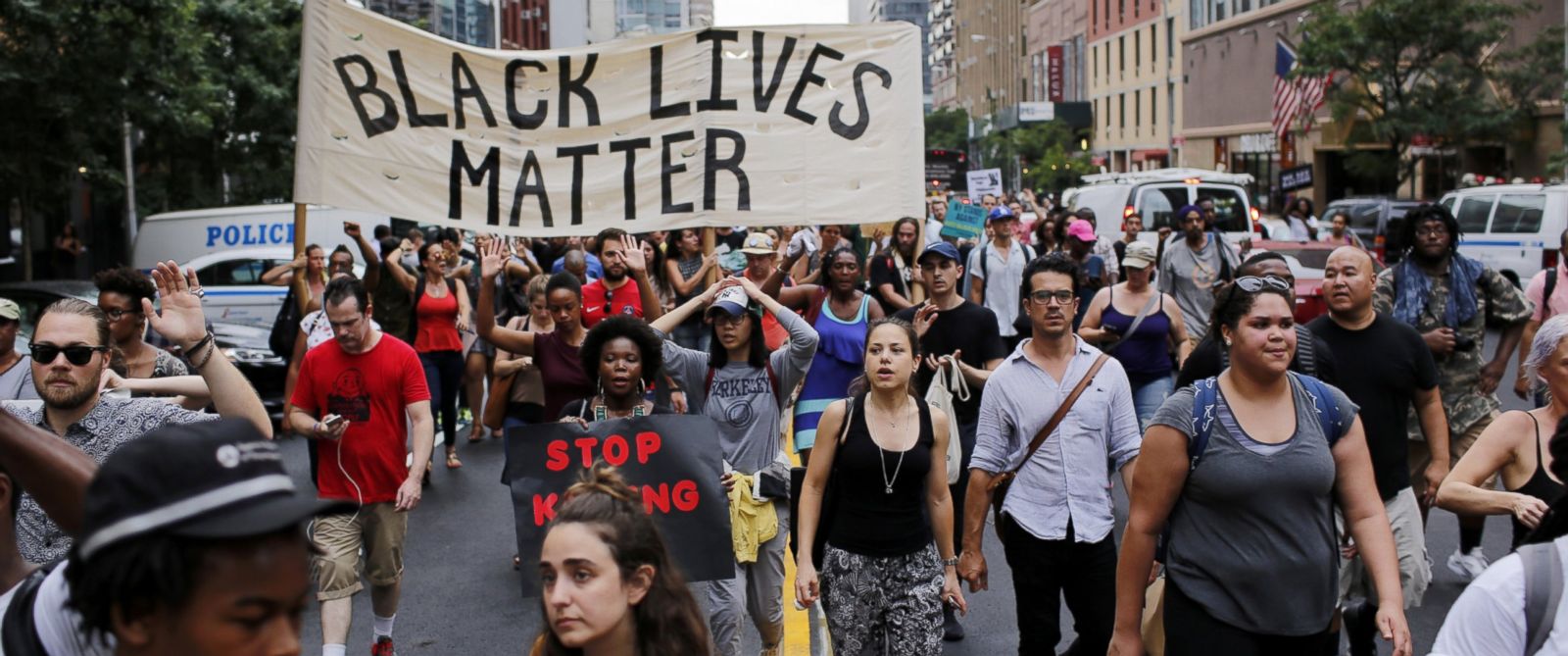
George Floyd and the ‘Collapse of Empire’
Now not only American citizens, but citizens of the world, are shocked by the response of U.S. President Donald Trump. I think this clearly differentiates this incident from previous cases of racial discrimination. Except for some brief lip-service, there was none of the sorrowful political etiquette usually demonstrated by the leader of a normal nation. They make the political gesture of ordering a thorough investigation to ensure that such an event does not happen again and offer their deepest condolences to the victim’s bereaved family. Immediately after protests began, Trump posted on Twitter: "When the looting starts, the shooting starts." After commanding state governors to mobilize military forces, threatening to dispatch federal troops if they did not do this, Trump performed a political show by holding a bible outside a church and saying, with a grave expression: "We live in the greatest country in the world."
As combat helicopters hovered above the heads of protesters in Washington D.C., a protester was killed by police gunfire in Louisville, Kentucky. Trump and the American far-right have encouraged peaceful protests to turn violent, and are suspected everywhere of scheming to stimulate racial conflict and divisions between protesters and citizens through a variety of methods.
The time of an empire's birth and growth is an era of unity among its members. In contrast, the time of an empire’s collapse is an era of division and discord. As an empire’s wealth increases, more wealth becomes concentrated among the ruling classes, and when that distributive injustice prevails class conflict intensifies. The U.S. historian Peter Turchin explains the birth, development and collapse of empires with reference to the key concept "Asabiyyah." Asabiyyah was used by the 14th century Arab thinker Ibn Khaldun, and can be translated as a sense of kinship, collective conscience, group cohesion, and social capital. Although Asabiyyah is a driving force in the development of an empire through uniting its members, it rapidly dissipates during the empire’s collapse. An empire is built on and grows on the shoulders of its people, but if those people decide not to support their empire, it quickly disintegrates.
The American financial firm Ferguson has asserted that the American empire’s collapse will arrive as suddenly as ‘thieves at midnight’. The Oxford University historian Ward Perkins describes how the fall of the Roman Empire actually happened within one generation. The Ming Empire, which boasted the best civilization of its time for over 300 years, was also destroyed in the mid-17th century, shortly after the establishment of the ‘Orangka’ (Uriankhai). The British Empire, which until 1945 was discussing the partition of the world with the United States and the Soviet Union, forfeited its very existence over the next 20 years.
Growing empires are pluralistic and tolerant. In contrast, declining empires became marked by hatred and intolerance. During the Middle Ages, an era of severe religious persecution, even in a small country, ethnically and religiously broad-minded people gathered their skills and capital to make the Netherlands into the most prosperous state in Europe. In contrast, after the Roman Empire adopted Christianity as its state religion, it began its rapid collapse during the era of religious intolerance that followed.
Along with the bloody-minded Republican Party, Trump, who has no concern for the people impoverished by the epidemic, has shamelessly sacrificed his responsibilities, both foreign and domestic – this is an obvious sign of the empire’s fall. As the collapsing empire suddenly comes into conflict with the emerging empire, neighboring countries must take a stand.
The collapse of the American Empire is accompanied by the collapse of the neoliberal order. From the Vietnam war to the Iraq war, and from the subprime mortgage crisis to the global financial crash, if one examines history — and the pride of the American Empire’s elites and financiers and their prejudice and harmful speculation — one can understand just how bad the United States has made the world.
Surely we must try to change our system of development when we witness the reality of a collapsing American Empire? Now the situation is changing significantly. Having leaped forward from the status of an emerging nation to a leading nation, this greatly changing situation urgently demands introspection and self-reflection. This is a time requiring fundamental reflection, not just a re-examination of the existing stimulus package. It is a time that demands we reflect on the changing development paradigm, and the changing institutions, that guarantee human life itself.

